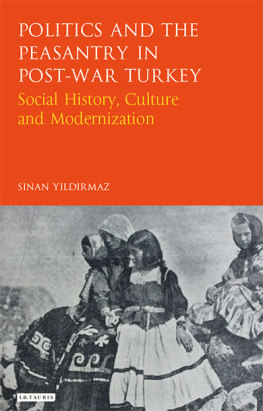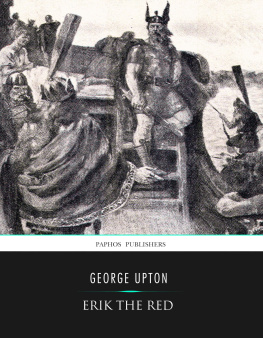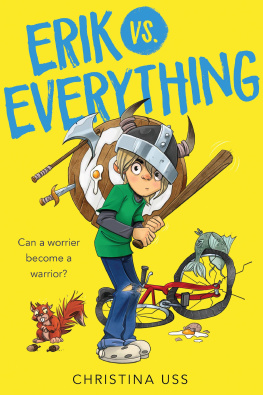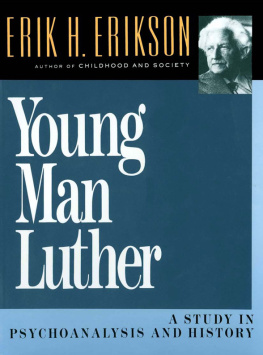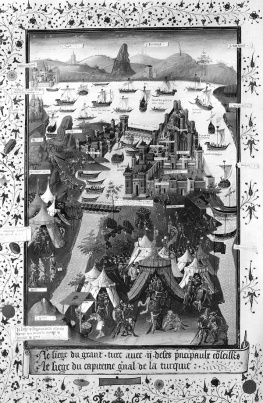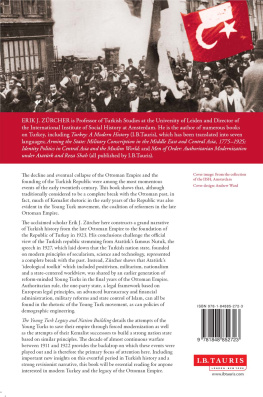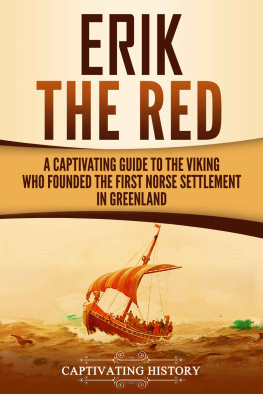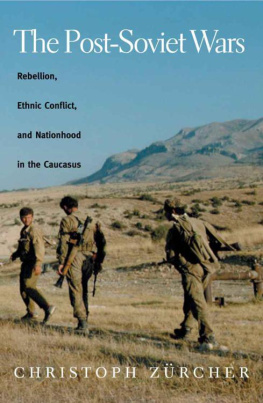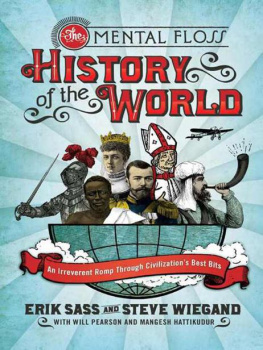Erik J. Zürcher - Turkey: A Modern History
Here you can read online Erik J. Zürcher - Turkey: A Modern History full text of the book (entire story) in english for free. Download pdf and epub, get meaning, cover and reviews about this ebook. genre: Politics. Description of the work, (preface) as well as reviews are available. Best literature library LitArk.com created for fans of good reading and offers a wide selection of genres:
Romance novel
Science fiction
Adventure
Detective
Science
History
Home and family
Prose
Art
Politics
Computer
Non-fiction
Religion
Business
Children
Humor
Choose a favorite category and find really read worthwhile books. Enjoy immersion in the world of imagination, feel the emotions of the characters or learn something new for yourself, make an fascinating discovery.
- Book:Turkey: A Modern History
- Author:
- Genre:
- Rating:3 / 5
- Favourites:Add to favourites
- Your mark:
- 60
- 1
- 2
- 3
- 4
- 5
Turkey: A Modern History: summary, description and annotation
We offer to read an annotation, description, summary or preface (depends on what the author of the book "Turkey: A Modern History" wrote himself). If you haven't found the necessary information about the book — write in the comments, we will try to find it.
Turkey: A Modern History — read online for free the complete book (whole text) full work
Below is the text of the book, divided by pages. System saving the place of the last page read, allows you to conveniently read the book "Turkey: A Modern History" online for free, without having to search again every time where you left off. Put a bookmark, and you can go to the page where you finished reading at any time.
Font size:
Interval:
Bookmark:
Erik J. Zurcher is Professor of Turkish Studies at the University of Leiden. He is the author of 14 books on Turkish history, including The Young Turk Legacy and Nation Building: From the Ottoman Empire to Ataturks Turkey (I.B.Tauris).
'a valuable addition to scholarly literature
Andrew Mango, TLS
exceptionally well-written and offering a perspective that is unique in the field of Turkish studies'.
Donald Quataert, State University of New York at Binghamton
a very valuable book which should interest a wide readership ...as a text book it meets a very real need: there is no real rival.
William Hale, SOAS, University of London
ERIK J. ZURCHER
I.B.TAURIS
LONDON - NEW YORK }
New paperback edition published in 2017 by I.B.Tauris & Co. Ltd London New York www.ibtauris.com
First published in hardback in 1993 by I.B.Tauris & Co. Ltd
Copyright 1993, 1997, 2004, 2017 Erik J. Ztircher
The right of Erik J. Ztircher to be identified as Tie author of this work has been asserted by the author in accordance with the Copyright, Designs and Patents Act 1988.
All rights reserved. Except for brief quotations in a review, this book, or any part thereof, may not be reproduced, stored in or introduced into a retrieval system, or transmitted, in any form or by any means, electronic, mechanical, photocopying, recording or otherwise, without Tie prior written permission of the publisher.
References to websites were correct at Tie time of writing.
Library of Modem Turkey 27
A full CIP record for this book is available from Tie British Library A full CIP record is available from Tie Library of Congress
Library of Congress Catalog Card Number: available
Typeset by Oxford Publishing Services, Oxford
Maps drawn by Russell Townsend
Printed and bound in Great Britain by T.J. International, Padstow, Cornwall
Part III
A Troubled Democracy
Between the summers of 2015 and 2016. Turkey was in the news almost without interruption. The country was in turmoil and all manner of old. sometimes very old. tensions seemed to erupt into violent conflict. The national elections of June 2015 for a while looked like a watershed. The ruling Justice and Development Party (AKP) suffered significant losses in the polls, primarily due to the success of the Kurdish HDP. which, despite its strong links with the PKK guerrillas, proved able to attract many young secularist and liberal voters in the big cities. For the first time ever a Kurdish party crossed the 10 per cent threshold and entered parliament with no fewer than 80 seats; in fact, a coalition of opposition parties could theoretically have mustered a majority in parliament.
One reason for the HDPs success among the Kurds (it won nearly every seat in the southeast) was the latters widespread anger at the way Turkey sat by and watched Islamic State militants encircle and assault the largely Kurdish town of Kobani within sight of the Turkish border between September 2014 and February 2015. The AKP government had refused to let Kurds from Turkey help in the defence of Kobani and was widely seen as sympathizing with the Sunni Arab Islamic State fighters. In June, the Kurds took their revenge at the polls.
President Erdogan, whose party traditionally enjoyed strong support among conservative Sunni Kurds and who. since 2009. had supported the idea of a peaceful solution to the Kurdish problem, saw this as ingratitude. and. indeed, betrayal. In the run up to the elections, he started to campaign ferociously for the AKP (even though, as president of the republic, he was officially supposed to be above party concerns) and denounced the Kurdish politicians.
A month after the elections, on 20 July, a bomb attack killed 34 young people and wounded another 100 in the town of Suruc. The bomber was a Turkish Islamic State militant and the victims were young Kurds who were about to go to Kobani to help in the rebuilding. In revenge attacks, the PKK killed two Turkish policemen, whereupon Erdogan ordered the Turkish Air Force to start bombing both IS positions in Syria and PKK positions in northern Iraq. This signalled the end of attempts to reach a peaceful solution to the Kurdish problem. PKK militants took up arms again and the Turkish army answered with an all-out offensive. In addition, the war was no longer limited to the mountains. Much of the fighting was done in the cities of the southeast, leaving whole neighbourhoods in a state of destruction reminiscent of contemporary Syria. After the offensive the war reverted to its familiar pattern of relatively low-level violence, with on average five to ten people killed every day.
After the June 2015 elections, in which it polled 41 per cent but lost its absolute majority in parliament, the AKP. on the orders of the president. successfully sabotaged all attempts to form a coalition government. Furthermore, because the three opposition parties were too far apart to find common ground, they could not exploit their theoretical majority in parliament. The biggest of the three. Ataturks old Republican Peoples Party (RPP). got 25 per cent of the vote. This meant that it kept its core support base of Alevis (whose fear and mistrust of explicitly Sunni political parties would never induce them to vote AKP) but that it held very little attraction to a broader section of society. This was primarily because, as the old party of the Kemalist establishment, it could never choose between state-oriented secularist nationalism, which was its heritage, and an outward-looking social liberalism that could attract the urban youth. Some of that youth went over to the HDP. which managed 13 per cent. However, because the HDP failed to jettison its close relationship with the PKK and its imprisoned leader Abdullah Ocalan (a murderer in the eyes of most Turks), it was unacceptable as a coalition partner for the other two parties and. especially, for the ultranationalist Nationalist Action Party (NAP).
Erdogan correctly estimated that a coalition without the Justice and Development Party (JDP or AKP) (Adalet ve Kalkmma Partisi) would be impossible and that the combined effect of the escalation of the Kurdish war. terrorist attacks and bickering between the political parties, would make the majority yearn for the stability that only he and the AKP could provide. New elections were held in November and Erdogans highly personalized campaign around the theme of istikrar (stability) brought the AKP to power once more, with an increased absolute majority in parliament and almost exactly 50 per cent of the popular vote.
Like the local and presidential elections the year before, the elections of 2015 were completely centred on the person of Recep Tayyip Erdogan and. as a result. Erdogans grip on the AKP increased even further. In the six months after the November elections, he used his power to wage a war on four fronts at the same time, three of them at home and one abroad. The large-scale military operations against the PKK in the southeast continued unabated. Efforts to cleanse the state machinery from members of Fethullah Gillens Hizmet movement, which had started when they released recordings of state ministers and members of their families discussing corrupt business deals back in December 2014. were intensified. Hizmet. which had been called the parallel structure in the government press since early 2015. was now increasingly denoted the Fethullah Terror Organization (FETO). Erdogan had also not forgotten the resistance of the secularists during the Gezi protests in June 2013. Remnants of the independent media came under increased government pressure and social media and websites critical of the government were regularly closed down.
Next pageFont size:
Interval:
Bookmark:
Similar books «Turkey: A Modern History»
Look at similar books to Turkey: A Modern History. We have selected literature similar in name and meaning in the hope of providing readers with more options to find new, interesting, not yet read works.
Discussion, reviews of the book Turkey: A Modern History and just readers' own opinions. Leave your comments, write what you think about the work, its meaning or the main characters. Specify what exactly you liked and what you didn't like, and why you think so.


